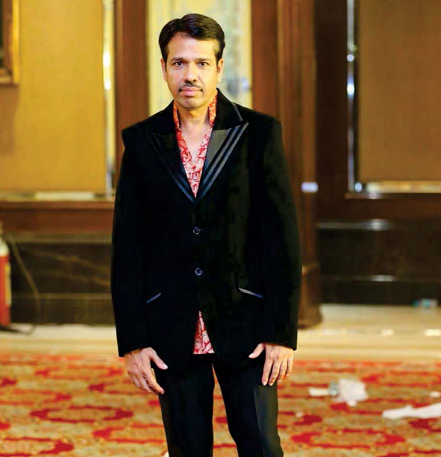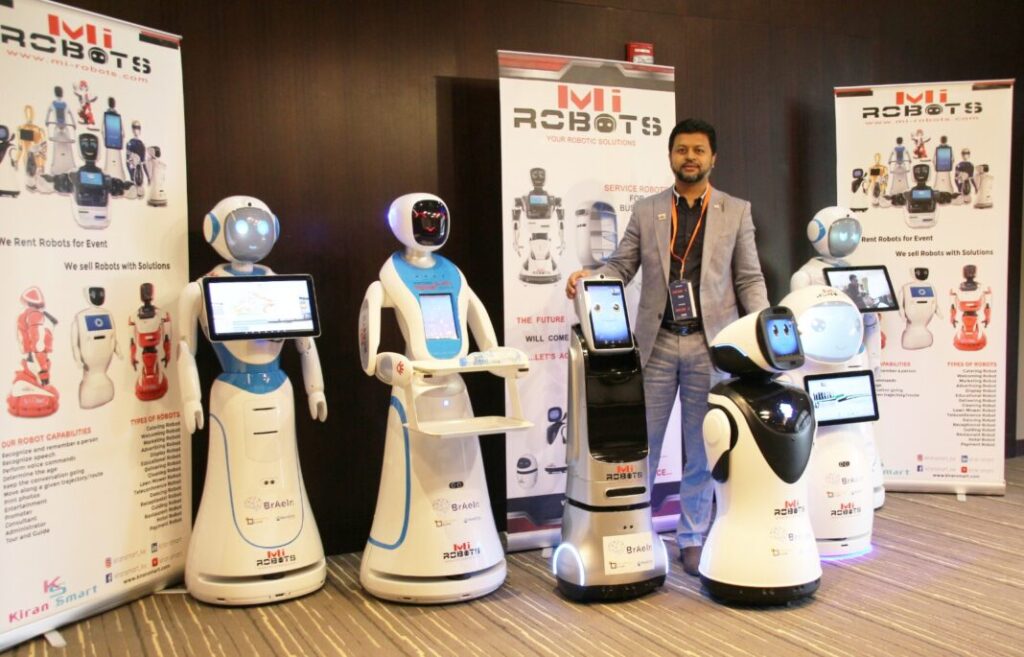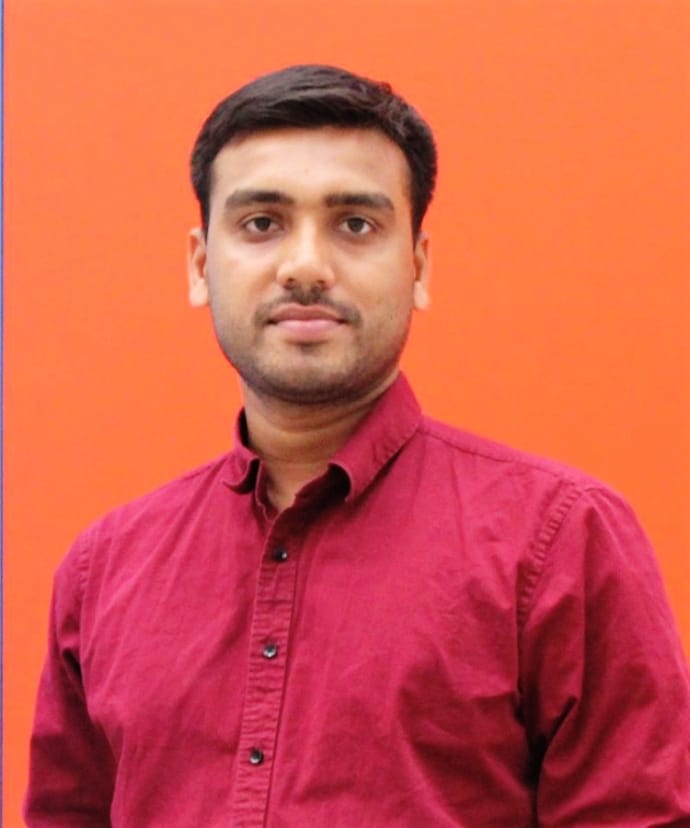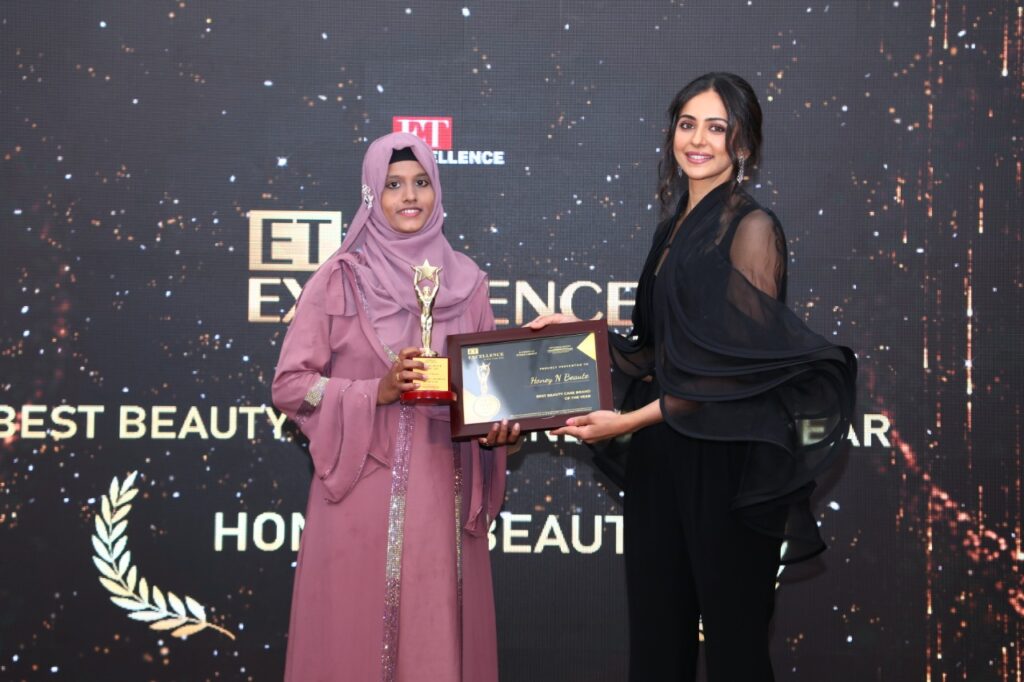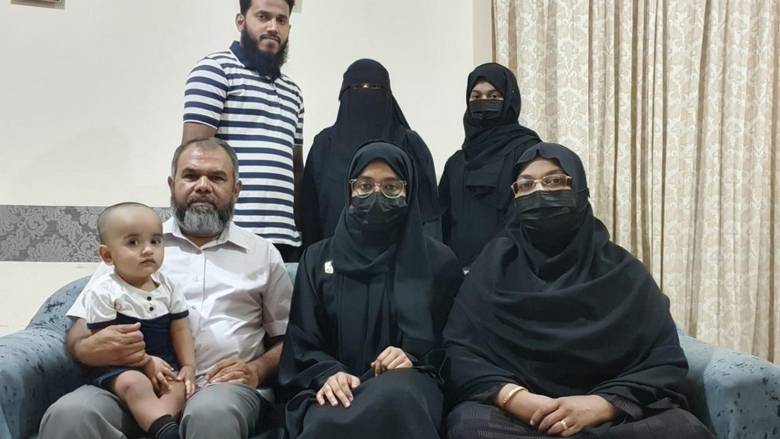Kasaragod, KERALA :
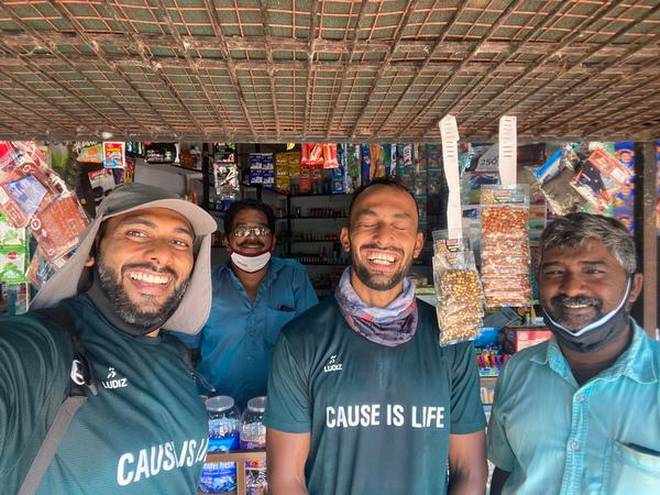
The two will cover a distance of 600-odd kilometres on foot, to raise money for children’s education
Ambling through the streets of Kozhikode, a visibly tired Aslam TP and his childhood friend Mujeeb Rahman are intercepted by an auto driver.
He wants to know where they are heading, and why they looked so drained. When Aslam tells him about the cause they are trying to raise money for, the auto driver promptly pulls out ₹100 from his pocket and hands it over.
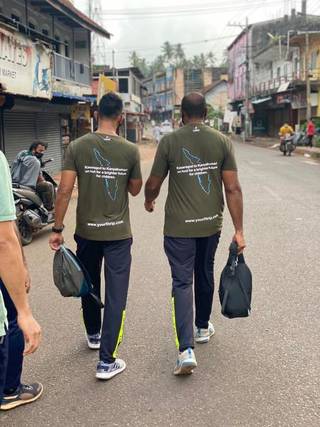
In just seven days of their walk, Aslam and Mujeeb have been met with overwhelming tales of generosity, and as a result, 62% of their target amount (₹7 lakh) has been raised. They are covering a distance of 600-odd kilometres on foot, from Kasargod in Kerala to Kanyakumari in Tamil Nadu, to raise money for children’s education in Kasargod for the Najath Educational and Charitable Society. With the amount raised, they will buy smartphones for online classes. “We walked from Vadakara to Kozhikode on Monday, covering around 49 kilometres, the longest stretch so far,” say Aslam over a call from Kozhikode, Kerala. A serial fund raiser, Aslam took up a similar challenge in Bali last year, where he cycled 397 kilometres to support the education of 45 Balinese children. Currently, he runs a company called Yourfitrip in Bali, which encourages fitness holidays. These include surfing, kayaking, volcano trekking… activities that have helped Aslam stay fit over the years.
He also runs a community called Cause is Life that connects blood donors to receivers. It kept him and his pan-India volunteers busy through the second wave of COVID-19. Just before the lockdown this year, Aslam was in Nagaland, setting up Yourfitrip there, running up hills and walking from one village to another meeting the locals.
“For this walk, Mujeeb and I trained in Kasargod, our hometown, walking 15 to 18 kilometres everyday. We are training our brain to know that we are good to go, even when we are tired,” he laughs. They prepare a chart, based on which their daily route is fixed. “We average about 30-35 kilometres a day. On somedays, it goes up to 45 to 48.”

They start walking at 6.30am and wind up for the night by 7pm. “In case of emergency, we have a backup car that stays 15 kilometres ahead of us,” he adds. They take the highway, spilling into Tamil Nadu from Nagercoil before heading to Kanyakumari. With everything functional in Kerala and food available for takeaway, things have so far been under control.
Aslam says he will complete the walk in 21 to 23 days. Though planned as a 21-day project, the end date is uncertain as they get enveloped by hospitality from people they come across. So far, the duo has been pleasantly surprised by receptions planned in their honour, invites for meals from strangers, and the willingness of people to contribute even if it means handing over the last penny in their pocket. At one of the villages, a group followed them in a car as they wanted to be part of this mission. “I want people to know that we are collectively strong and can do so many things to give others a better future,” he says as he and Mujeeb stretch, lunge and soldier on, with the rain for company.
For details, check out Aslam’s Instagram handle @aslucha
source: http://www.thehindu.com / The Hindu / Home> Society / by Priyadarshini Paitandy / June 30th, 2021
